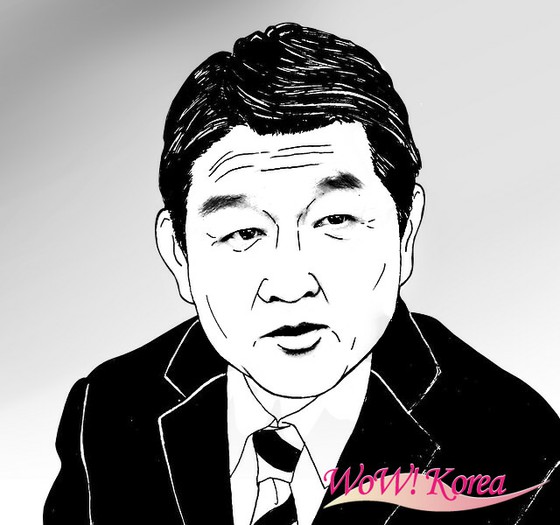 |
According to the Japanese Ministry of Foreign Affairs, Foreign Minister Toshimitsu Motegi will visit New York on the 20th to attend the UN General Assembly on the 22nd to 24th. Japan's speech has been decided on the 24th, but Foreign Minister Motegi is expected to announce his intention to become a permanent member of the UN Security Council as a representative of Japan.
This is not the first time Japan has announced its intention to become a permanent member of the Security Council. At the 2004 United Nations General Assembly, where Junichiro Koizumi was the prime minister, he announced his intention to become a permanent member of the Security Council. Former Prime Minister Shinzo Abe also stated in a general debate address at the UN General Assembly in 2015 that Japan would like to become a permanent member of the UN Security Council. Even on the 75th anniversary of the UN General Assembly, Foreign Minister Motegi and Prime Minister Yoshihide Suga each insisted on the expansion of permanent members under the agenda of "security council reform."
During this visit to the United States, Foreign Minister Motegi was informed that he would meet with foreign ministers from Germany, Brazil and India to discuss the expansion of the permanent members of the Security Council. These countries, called the G4, aim to become permanent members of the UN Security Council and are a coalition to support each other.
Currently, there are a total of 15 members of the UN Security Council, of which five are permanent members with veto rights, the United States, France, the United Kingdom, Russia, and China, the rest being appointed through elections. It is a non-permanent member of the Security Council of 10 countries with a term of two years. Germany, Brazil and India, including Japan, argue that these permanent members should be increased.
In order to increase the number of permanent members, more than two-thirds of the 196 UN member states must be supported. However, in response to the G4 movement, countries that oppose the permanent membership of these countries have also formed an informal coalition called the "Coffee Club" to respond in multilateral diplomacy.
Japan is receiving strong resistance from South Korea and its current permanent member, China. Germany is also opposed by Italy and Spain, and Brazil is opposed by Colombia and Argentina. India is strongly opposed by Pakistan.
Meanwhile, South Korea has revealed its willingness to become a non-permanent member of the UN Security Council from 2024 to 2025. If this succeeds, it will be the third non-permanent member of the Security Council.
2021/09/23 21:34 KST


![[Photo] Singer Lee Jin Hyuk holds showcase to celebrate the release of his 6th mini album "NEW QUEST: JUNGLE"](/img/topic/23/116269/248058_640W.webp)